Every cat has a different personality which is why their cat litter choices are going to be different as well!
Cats are like people in the sense that they have different needs and preferences. Every cat has a unique character and personality, and while they may share the same litter box, their cat litter choices are going to be very different. If you've ever visiting a shelter and saw their litter boxes, you know that every cat is different. Some cats don't cover their litter boxes well, some dig until it seems like they're panning for gold, and some scratch so much that their litter looks like it's been plowed by a tractor! While these behaviors are cute (and sometimes annoying) to us humans, they're all important clues about what your cat likes or doesn't like when it comes to litter. If you're shopping around for a new brand of cat litter but don't know where to start, this article is meant for you! We'll go over some important things about cats and cat litters that will help make your decision easier.Let's explore what you need to know when it comes to choosing the right cat litter for your precious kitty to make sure you choose the right kind of cat litter for them:
1. Scented vs. Unscented Cat Litter
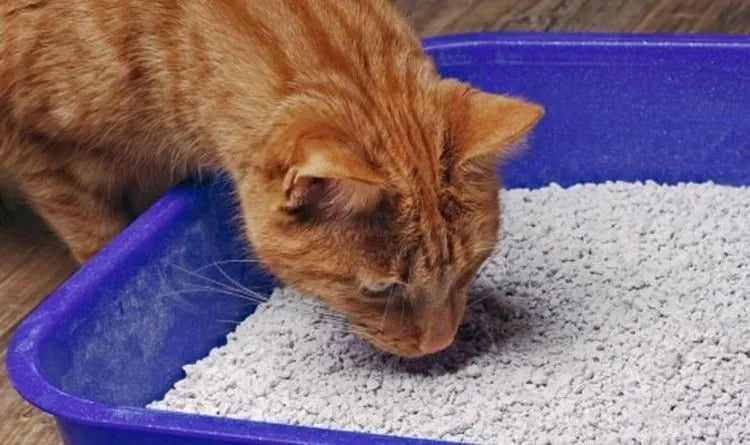
The first thing to consider is the scent of your cat litter. A cat's sense of smell is about fourteen times as strong as us hooman's, and some scents that we enjoy don't appeal to all cats. For example, Pine and cedar contain phenols which can be extremely irritating to your cat's nose and respiratory system! Some litters are made with these scents, but they often cause allergic reactions or asthma in cats. If you notice your precious kitty coughing after using a certain type of litter, switch them over to another brand and make sure not to use the same one again! Although this kind of change doesn't happen overnight so you have to be patient with them as they get used to the new litter's scent.
On the other hand, some litters are unscented, or deodorized to help control odors. Catching a whiff of ammonia can be very harmful to your cat's health and it could lead to urinary tract infections! Unscented litter will neutralize the odor. Do keep in mind that not all cats like unscented litter. If you notice any signs of irritation (unusual meowing or scratching at the air) try changing their litter or their litter box and see how they react. There are also litters out there made with crystals which absorb moisture and kill bacteria without adding scents or masking smells. They are more expensive than other types of litter, but they have the same benefits as unscented litter and they even tend to last longer.
2. Clumping vs. Non-clumping Cat Litter
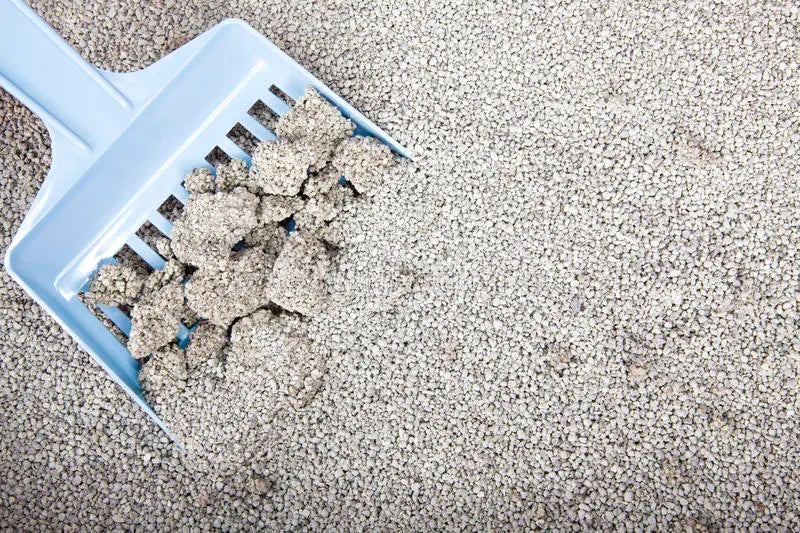
The next step you'll need to take is choosing between clumping and non-clumping litters. Some cats don't care about how their litter looks. Other cats seem to have a preference toward clumping litter. They just don't want to walk on their dirty, wet litter and will usually find another spot in your house that they would rather use as a bathroom!
Clumping litters are designed so that the urine and feces stick together into a solid pellet. These pellets can be scooped out of your cat's box just like regular litter, but it also makes them easier to clean up messes by hand. You could even use this type of litter outside or inside so whether you have an indoor or outdoor cat, this might be the safer option for you! The downside is that once these litters get wet, they become extremely heavy and hard to pour from the package. This means you'll need to buy more than one bag at a time.
Non-clumping litters are made with materials that absorb moisture and hold it in until you scoop or sift them out. The downside to this type of litter is that the urine evaporates into the air, creating an unpleasant ammonia smell! While it may seem inexpensive, this kind of litter will need to be replaced often. If your cat has very frequent "accidents" (or diarrhea) they can use up a whole package within a week! If you own multiple cats, you might want to consider buying clumping litter instead because it doesn't get saturated as quickly.
3. Fine vs. Coarse Cat Litter
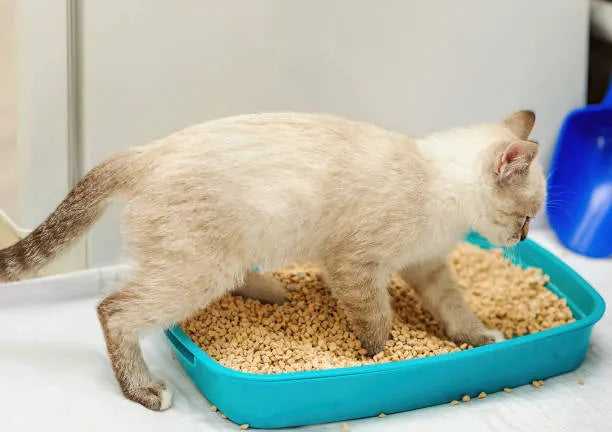
One thing you will need to take into consideration is the size of the cat litter. There are two types of cat litter sizes, fine and coarse. Coarse cat litter tends to be larger granules, and they may be the better choice for the average household as they won't get stuck in your cat's paws as often as fine litters do. It creates less dust which can be bad for your cat especially if they have asthma. It also won't cause your kitty to walk all over the house with cat litter stuck in their paws and leave cat litter around the house (they call this litter tracking). There are ways to solve litter tracking though. You can try using a litter mat like this: Petree Big Floormat Gen 2 which is compatible to PETREE Automatic Cat Litter Box Gen 2 WIFI Model. The downside to coarse cat litters is most cats don't like walking into granules of sand.
Some cats prefer their fine cat litters because it can feel more like sand especially if that's what they're used to digging in: sandboxes! If you chose a fine cat litter for your precious kitty, there are a few things we want to tell you about how this type of litter might affect your kitty. First of all, fine litters can pose a real threat to kittens who may eat it while playing in the litter box. If you have little ones running around, it's best to stay away from this option. Most cats with respiratory conditions will have to stay away from fine cat litters as it creates dust that your cat can inhale. So if you cat has any problems with breathing or allergies, this type of litter is a no-no!
4. Eco-friendly vs. Non-organic Cat Litter
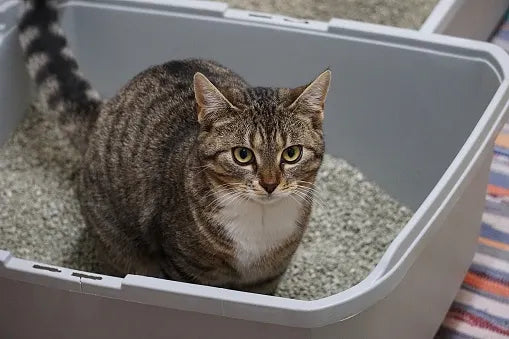
Eco-friendly cat litters are biodegradable, recyclable, and sustainable. They can also be used as garden fertilizers. There are a few options when it comes to eco-friendly cat litters like corn and tofu cat litter. This is a great way to look after the environment and your precious kitty! Manufacturers have put a lot of time into developing green litters that are plant-based, biodegradable, and sustainable. These litters can be flushed down the toilet if you're going to use them in a septic tank which is much less wasteful than their traditional counterparts! You can go with one that is flushable, or you can choose the organic cat litter which consists of completely natural components.
If you're going for the traditional type of cat litter like non-organic, manufacturers add various chemicals to it in order to cut down on odor and maximize absorbency. These chemicals include fragrance, deodorizer cl, and chemicals to stop the litter from clumping. Some people prefer to stay away from non-organic cat litters because they can be chemically treated and carry a scent, both things cats don't like. These may bother your cat's respiratory system, and some cats don't like walking on litters that create dust when they're digging. Cats also have a naturally low tolerance for scents, so if you can go without added fragrances it might be a good idea! But some cats don't mind these scents at all, so it can be difficult to judge if your kitty will have a problem with their litter being artificially scented or not!
5. Your Cat's Medical Problems
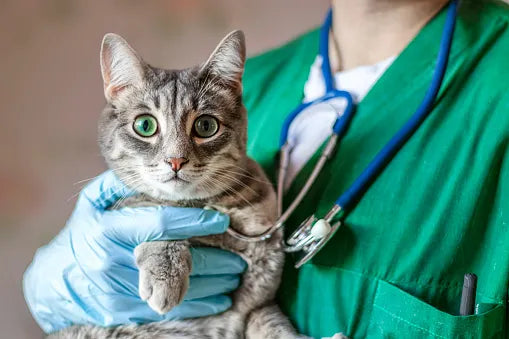
Another important thing to consider is whether or not your cat has medical problems like asthma or allergies. If they do, be careful about using scented products around them! Keep in mind that fragrances can irritate respiratory systems and cause allergic reactions. If your cat has asthma or any other respiratory issues, keep in mind that scented litters can irritate their noses and respiratory systems.
Many cats with a history of asthma will have a difficult time breathing if they use scented litter! For this reason, you should avoid using any type of litter that is heavily fragranced (fresh pine or cedar) or deodorized. You may also want to consider getting an air purifier for the room your cat spends most of their time in, if there's no scent to trigger an allergic reaction, your cat might be more likely to use it.
Make sure to avoid cat litters that leaves dust if your cat has asthma. Even with hoomans with asthma, this must be avoided as your household can inhale those little specs of dust especially after your cat uses is and after cleaning the litter box itself as it is often stuck at the bottom and comes flying around when cat litter is moved.
If your cat is prone to urinary tract infections, you might want to try a more natural type of litter. Some cats are sensitive to artificial scents and dyes found in clay litters which can trigger an attack or make it worse! If possible, avoid using litters with fragrance and opt for the unscented kind. Another important thing to look into if your cat keeps getting UTIs is how their litterbox is cleaned.
If you notice any problems with their litterbox (like it's not being cleaned often enough) consider buying an automatic cat litter box like these ones: PETREE Automatic Cat Litter Box WIFI Model Gen 1 Modeland our latest and improved model PETREE Automatic Cat Litter Box Gen 2 WIFI Model! As much as we love our cats, nobody really wants to scoop the litterbox everyday- that's why it's important to have a self-cleaning one so you don't put your precious kitties at risk of infection!
Conclusion
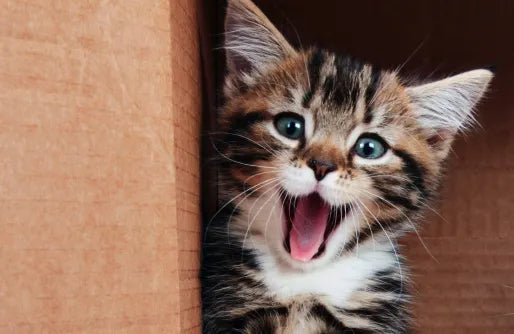
Now, have you discovered what cat litter you should buy for your precious kitties? If you have a picky cat, finding the right litter for them can be difficult. Just do your research as well and make sure to always bring your cat to their regular check ups so you'll know if they have medical problems you need to consider when choosing a cat litter and observe your cat's toilet habits. There are plenty of cat litters on the market so you may want to experiment with several different kinds until you find the perfect one for your precious kitty. Once you do, stick with it unless there is a compelling reason to change! Remember, consistency is key when it comes to training your kitty so having multiple types or brands can be confusing. We do hope this guide helps you find the right type of litter for your cat!
If you liked this blog article, here are some recommendations that you might like to read as well:
- 5 Simple Steps on How to Litter Train Your Cat
- 7 Ways to Get Your Cat to Drink More Water
- How To Discover Your Cat's Love Language
- How to Stop Cats From Scratching Furniture
- 5 Basic Cat Tricks Even New Pet Owners Can Easily Teach
- 9 Affordable Ways You Can Spoil Your Cats
- Top 5 Most Common Illnesses of Cats in Singapore & How to Prevent Them
- 5 Best Vet-Approved Homemade Recipes You Can Make for Your Cats
Share this with your fellow cat owners and you can also leave a comment down below about your cat's litter and how you ended up choosing it for them, we would also love to read them!
Sign up to our newsletter down below and follow us on Instagram @sgsmartpaw so you can stay up to date with our weekly blog articles!

Rose Hazel San Diego
Hazel loves pets & she has owned cats, dogs, & even hedgehogs! She also fosters cats & dogs in need around her area. With her social media & copywriting background, she gladly shares her knowledge of pets through these articles!
Most Recent Articles
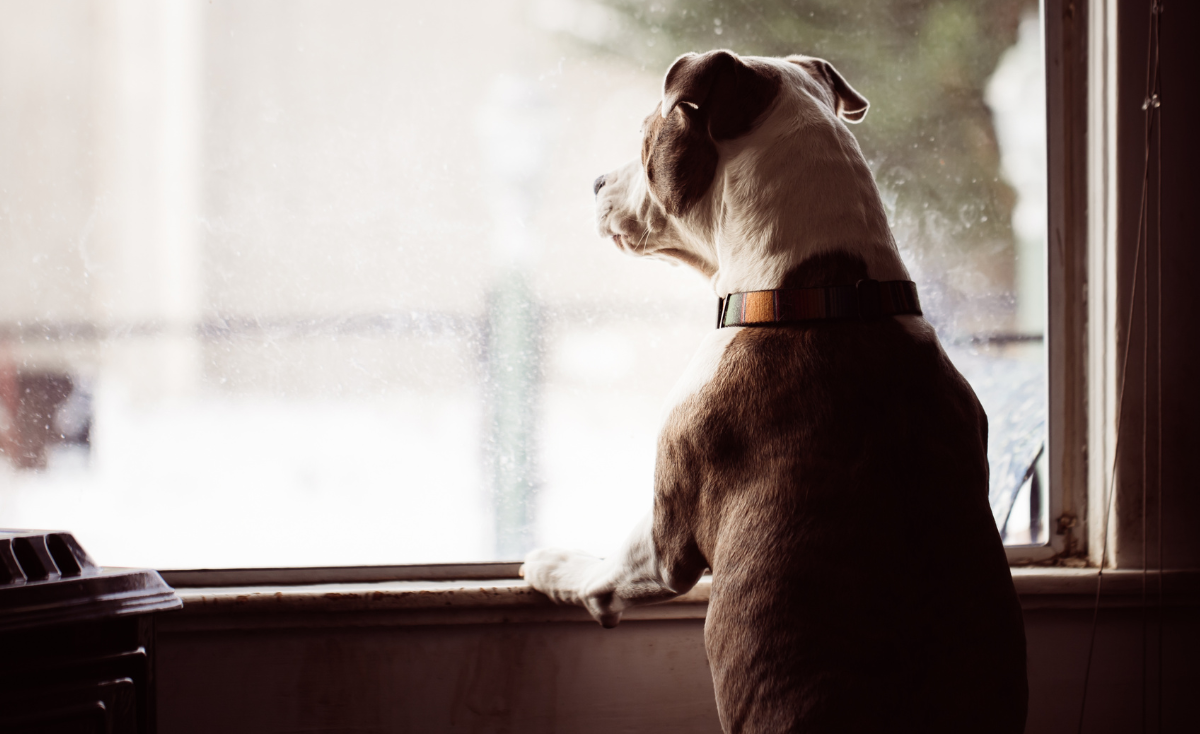
Are Your Windows & Balconies Safe? Protecting Pets from the Rising High-Rise Risks in Singapore
Since 1 September 2024, Singapore’s pet-safety landscape has changed — and not just a little. With more pawrents living in HDB flats and condos, our pets share our stunning city views… but also the...

5 Pet-Friendly Halloween Events in Singapore to Celebrate with Your Furry Friends
Halloween isn’t just for humans anymore — it’s going paws up in Singapore! From spooky pet cruises and café pawties to open-air markets and costume contests, this year’s Halloween lineup is packed ...
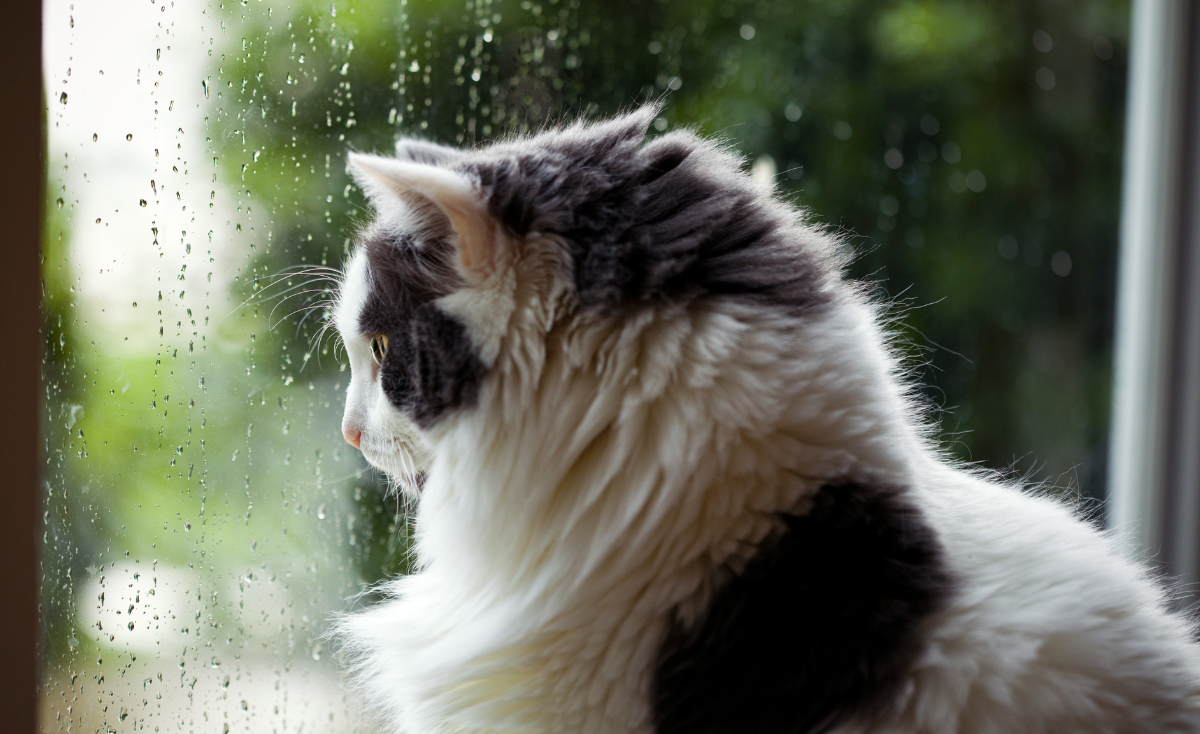
5 Ways to Protect Your Pet from Singapore’s Humidity This Rainy Season
Singapore’s rainy season is here — and while we’re enjoying the cool, cozy weather, our pets are quietly battling the sticky side of humidity. From itchy skin and smelly fur to ear infections and h...

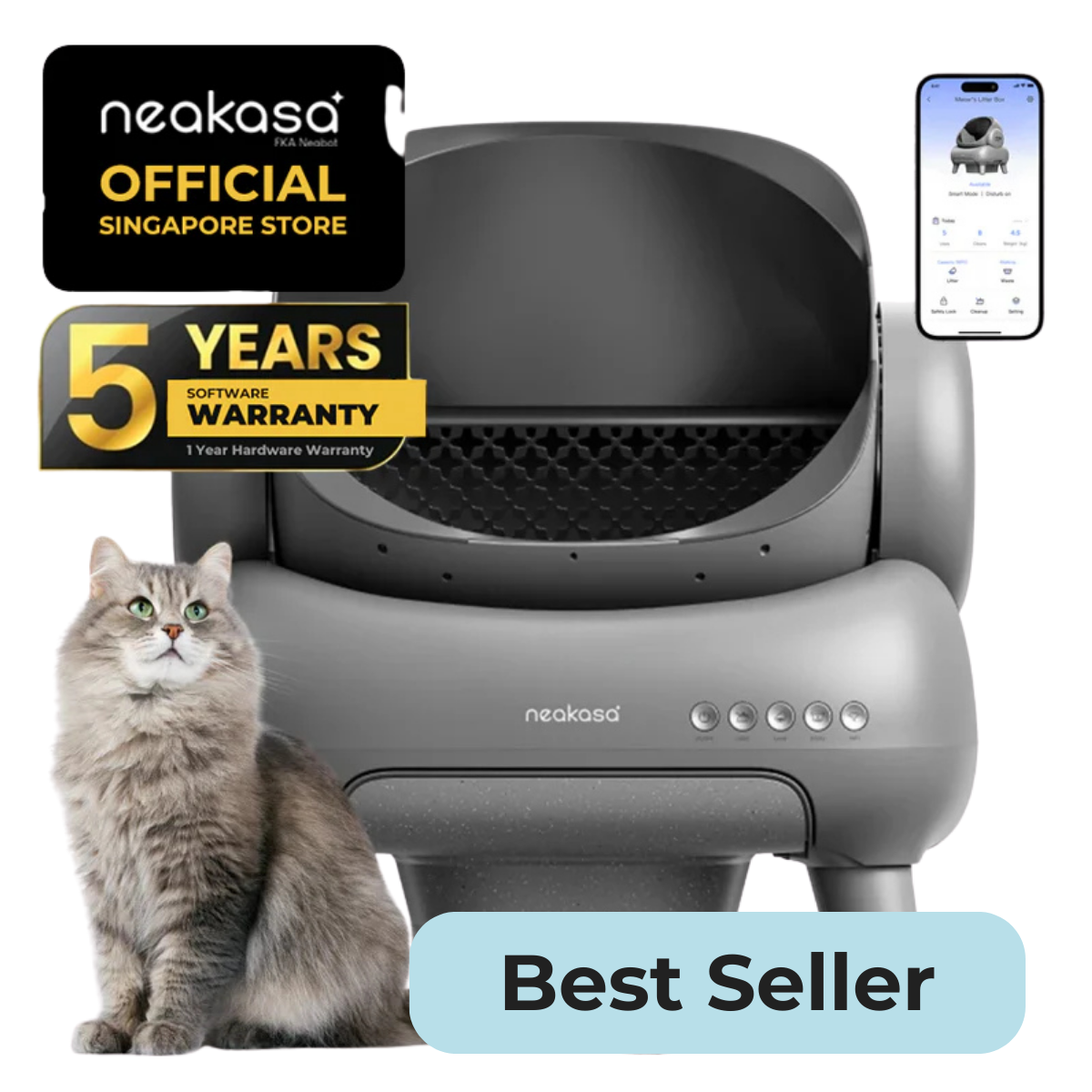
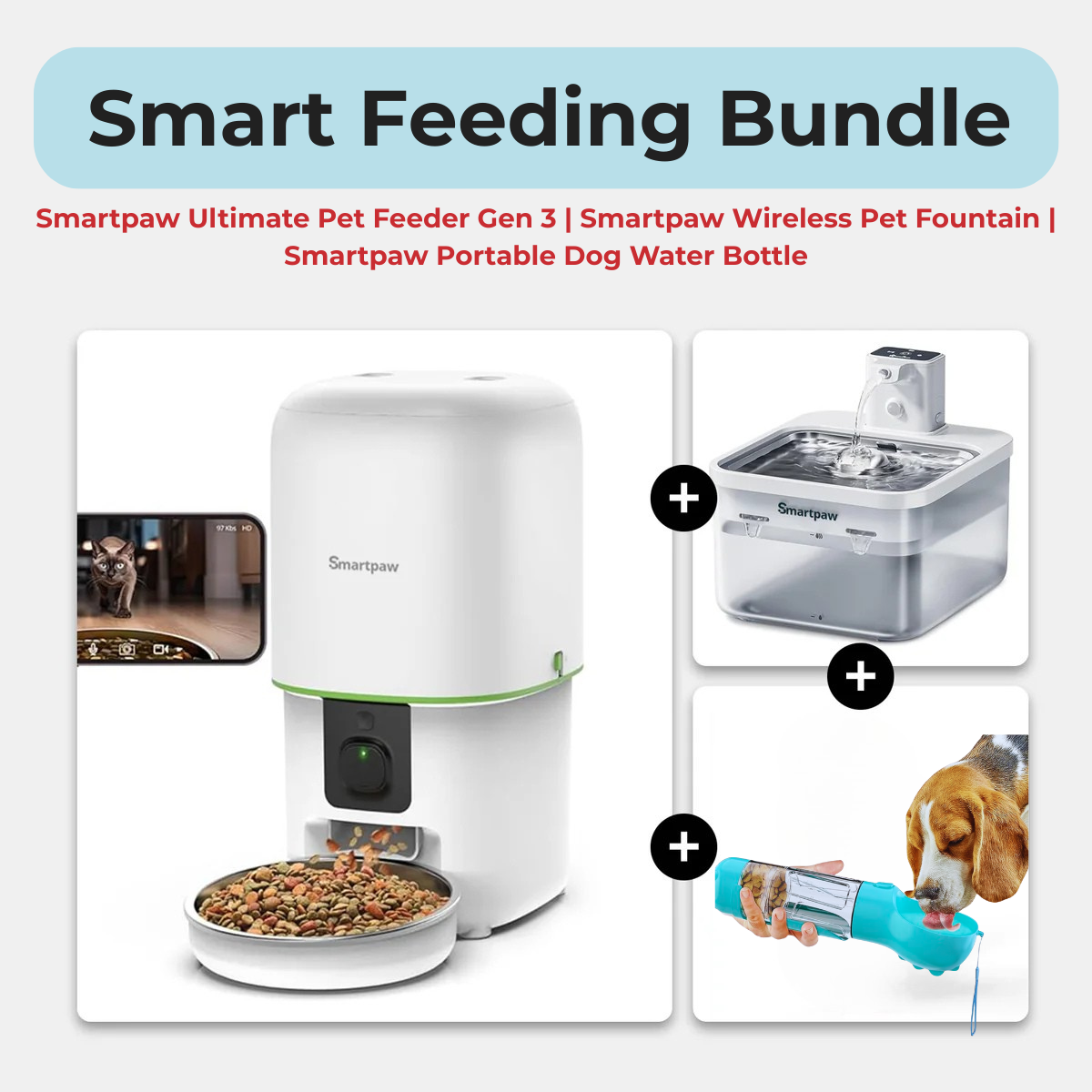
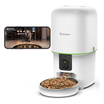
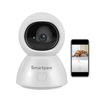
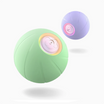
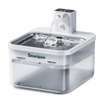
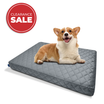
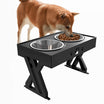
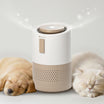
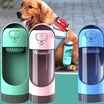
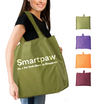
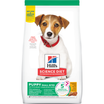

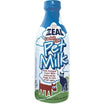
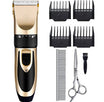
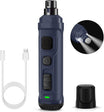
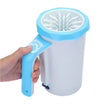
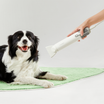
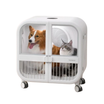
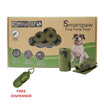
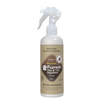
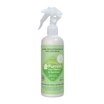
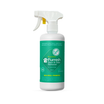
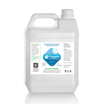
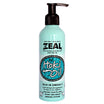
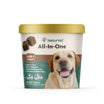
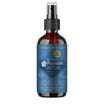
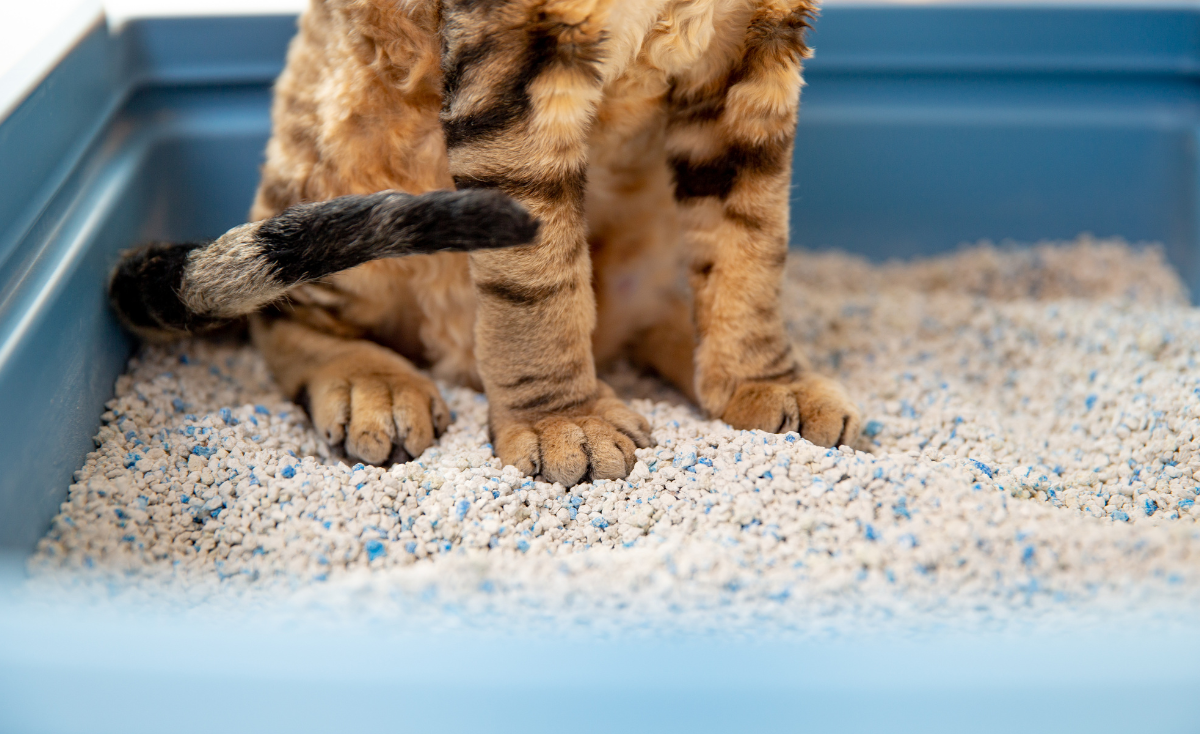
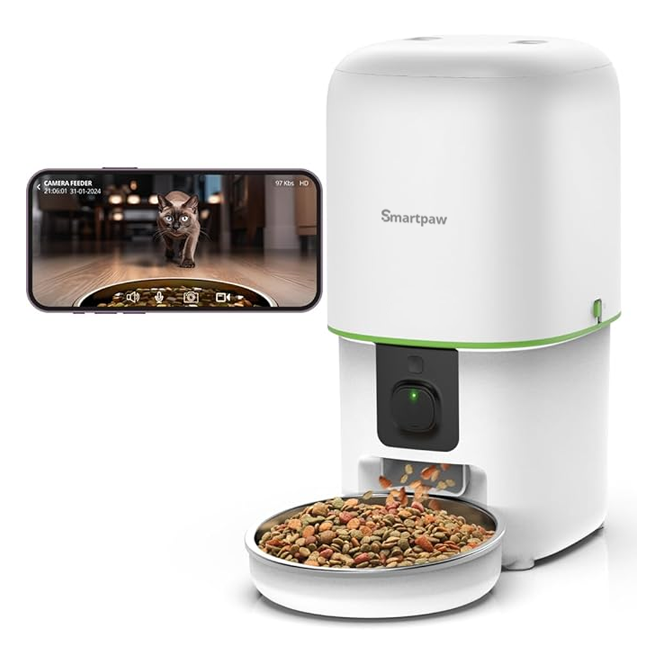
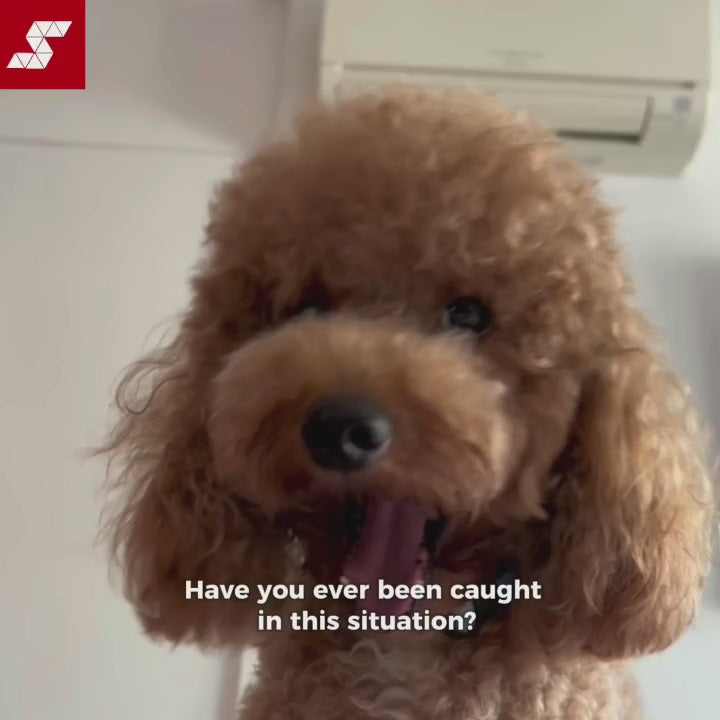
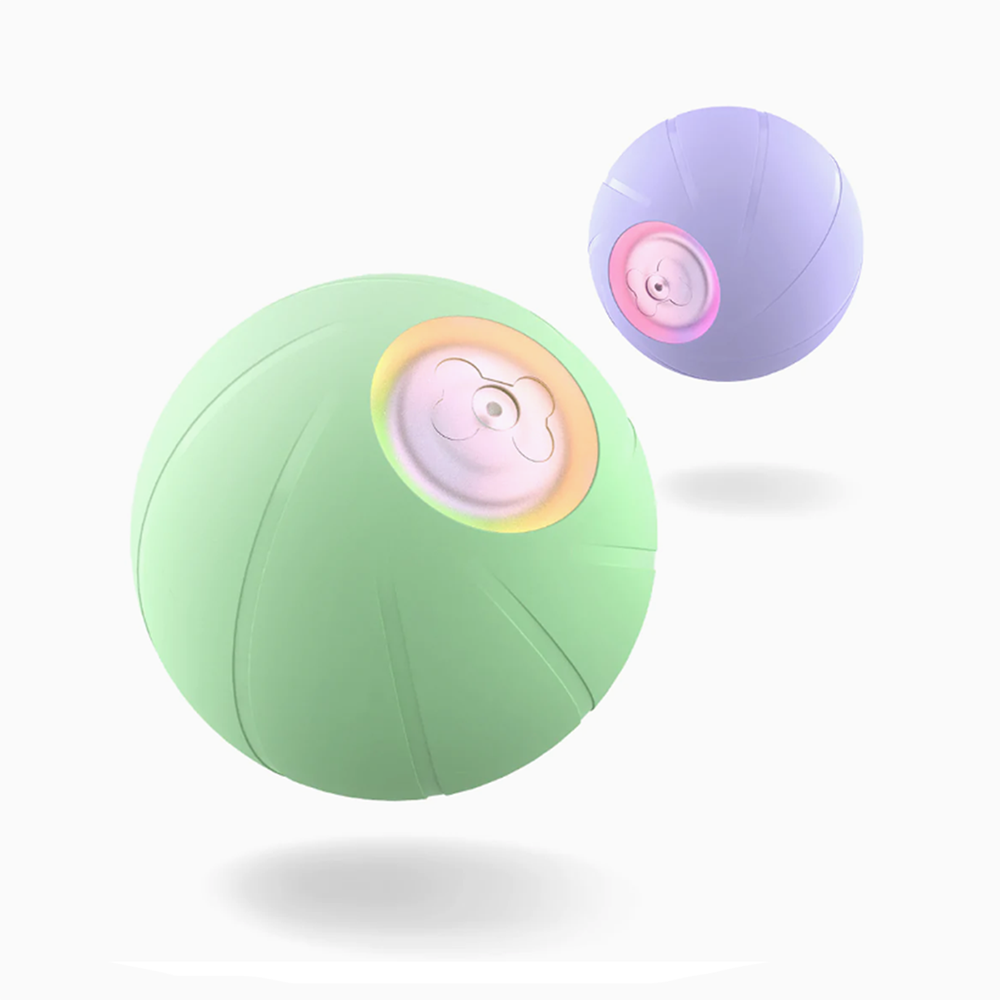
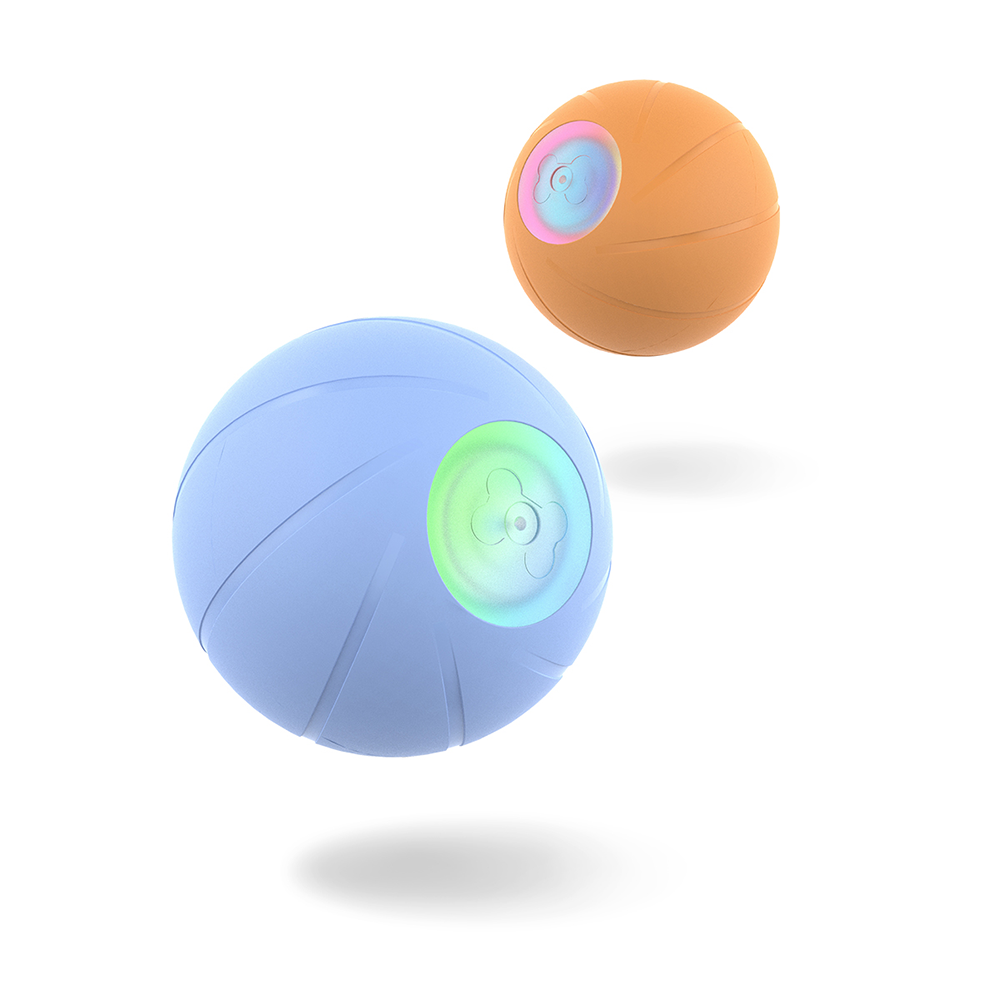
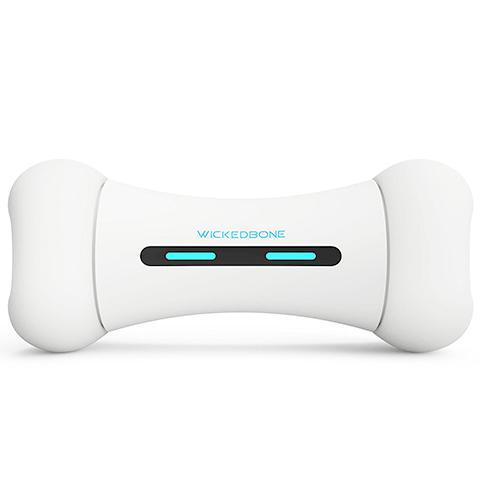
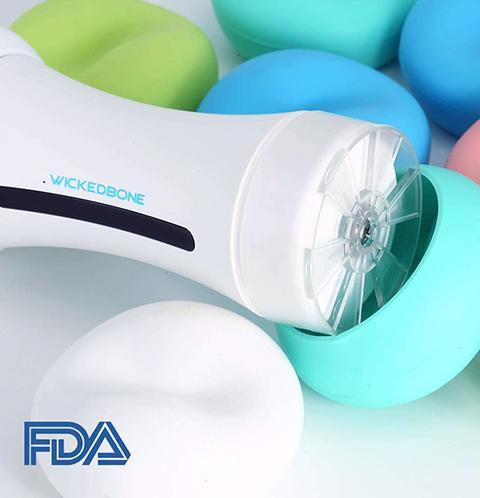
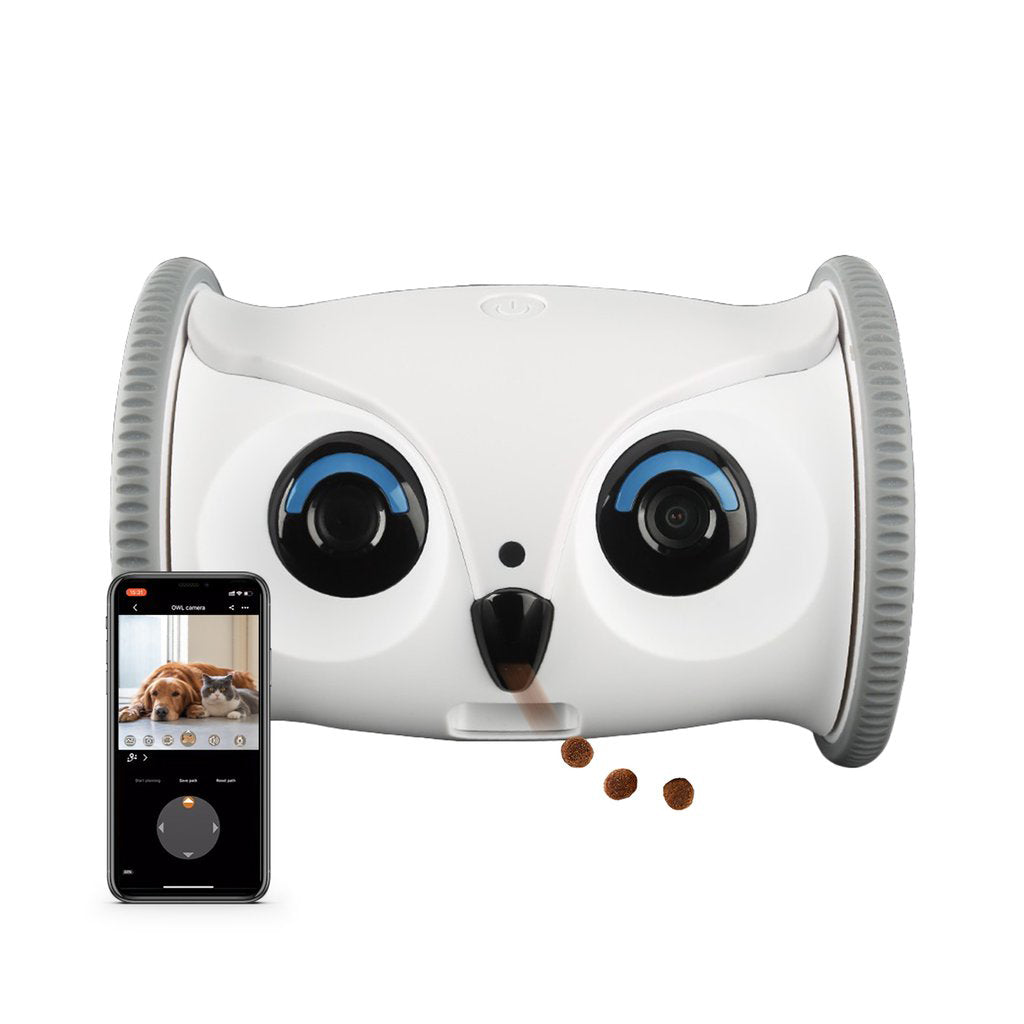
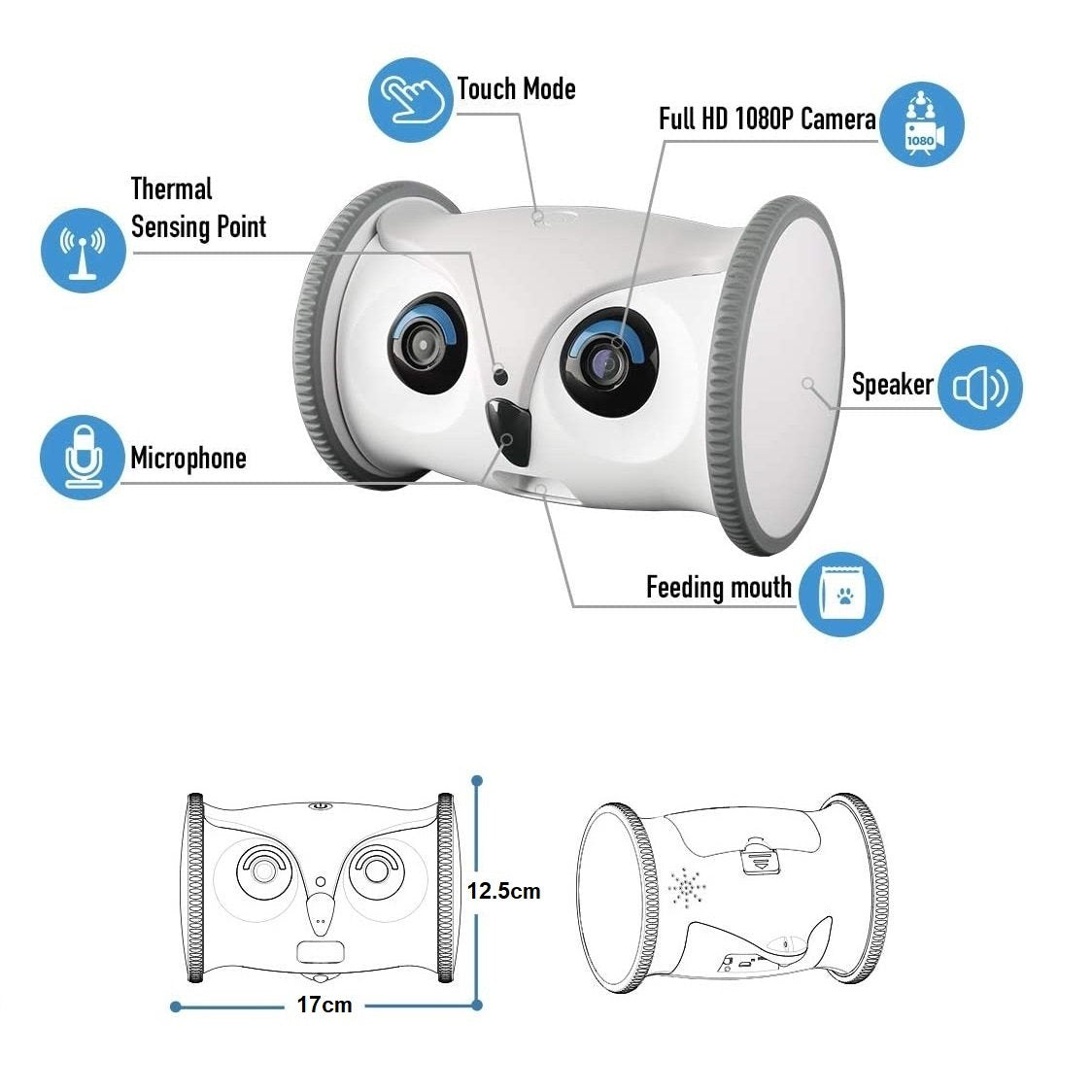















Leave a comment
All comments are moderated before being published.
This site is protected by hCaptcha and the hCaptcha Privacy Policy and Terms of Service apply.